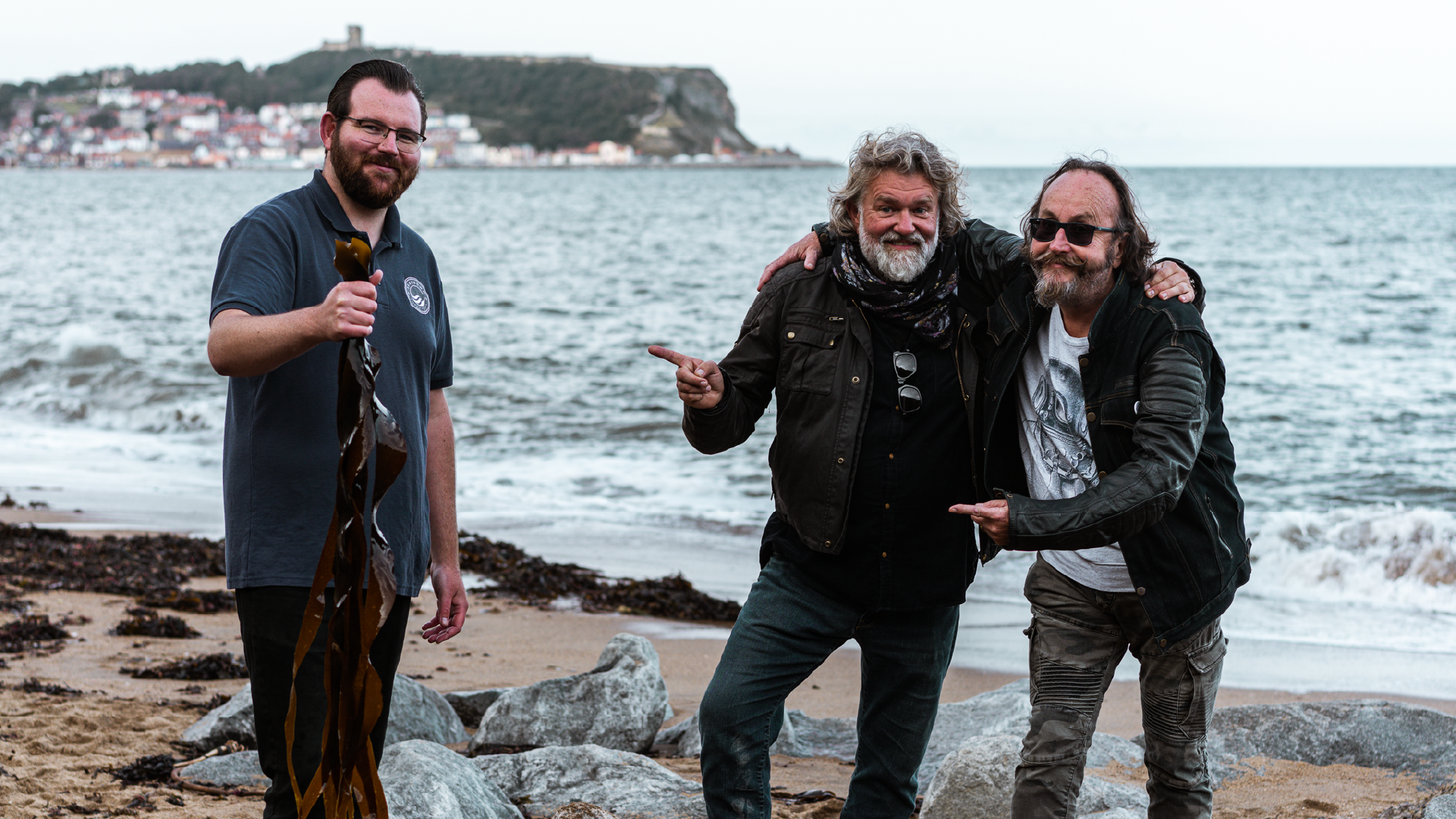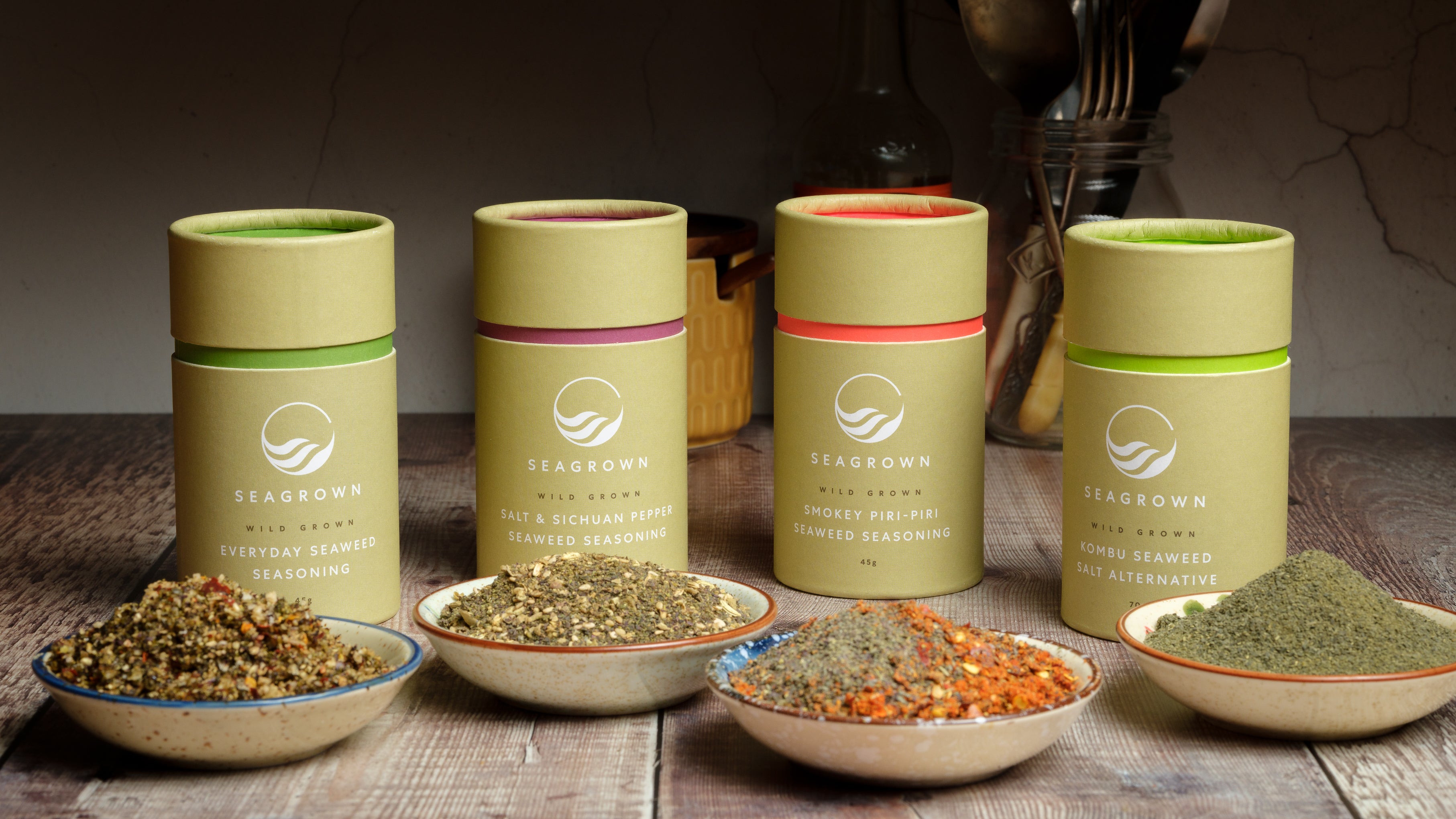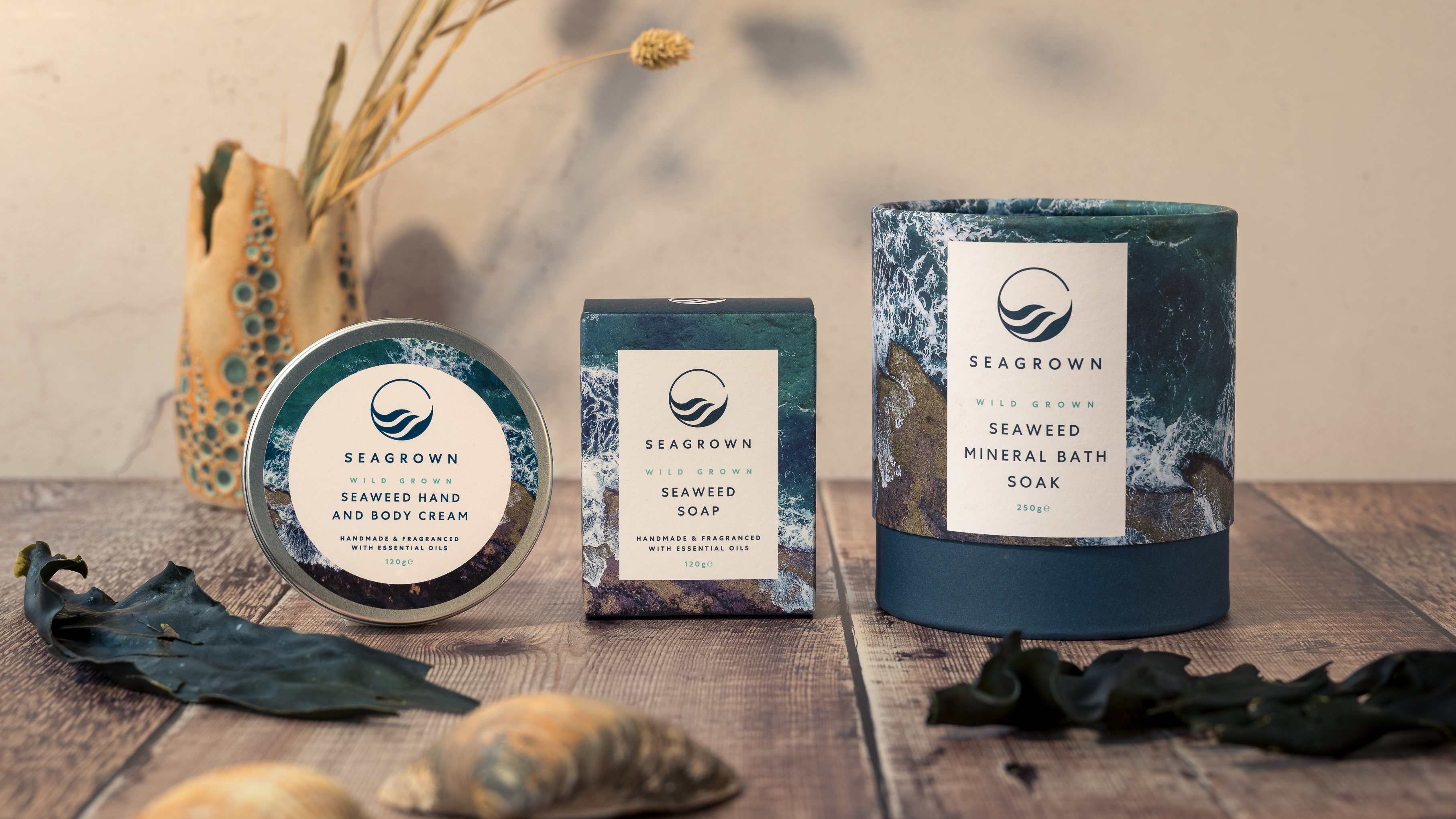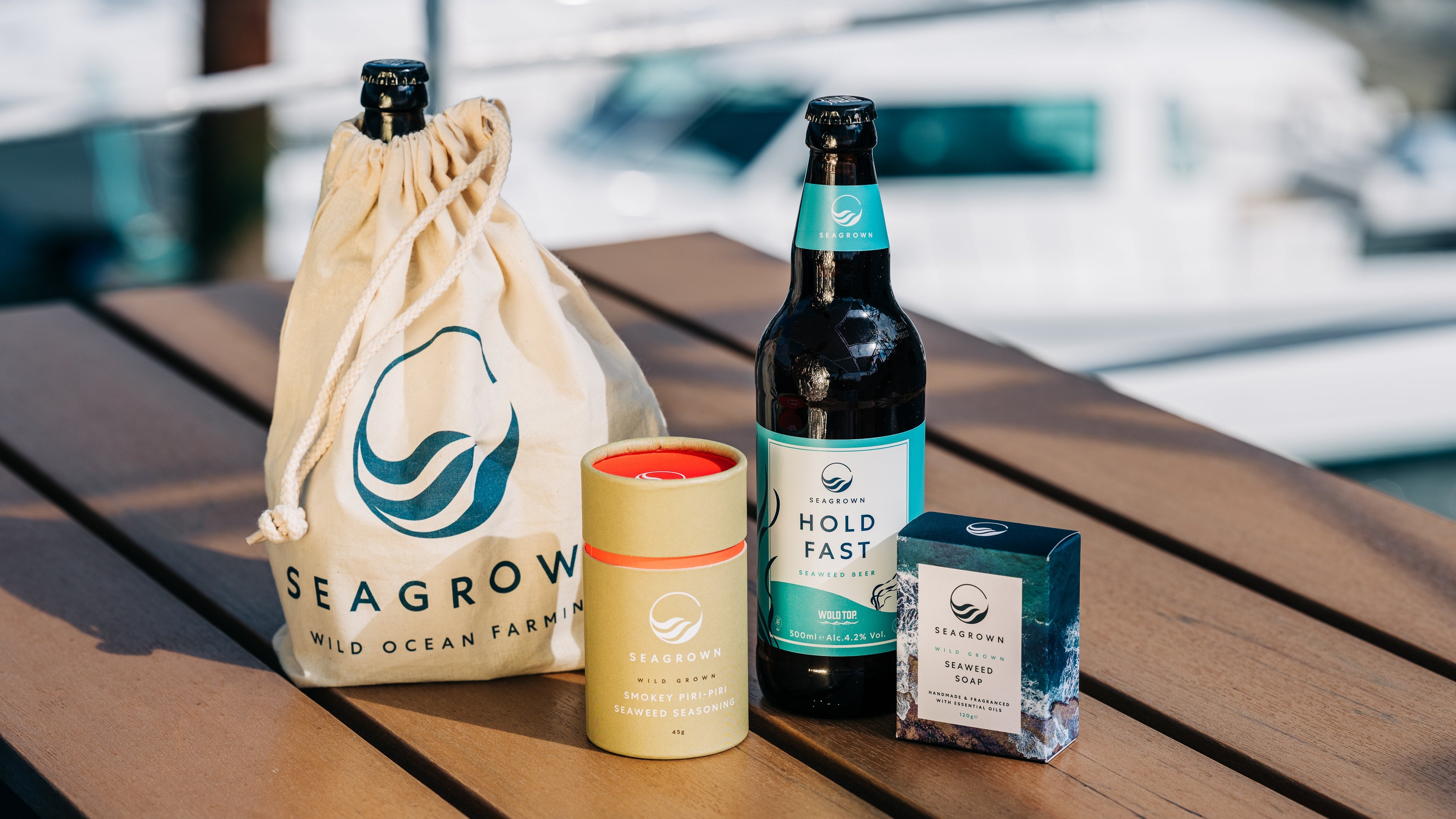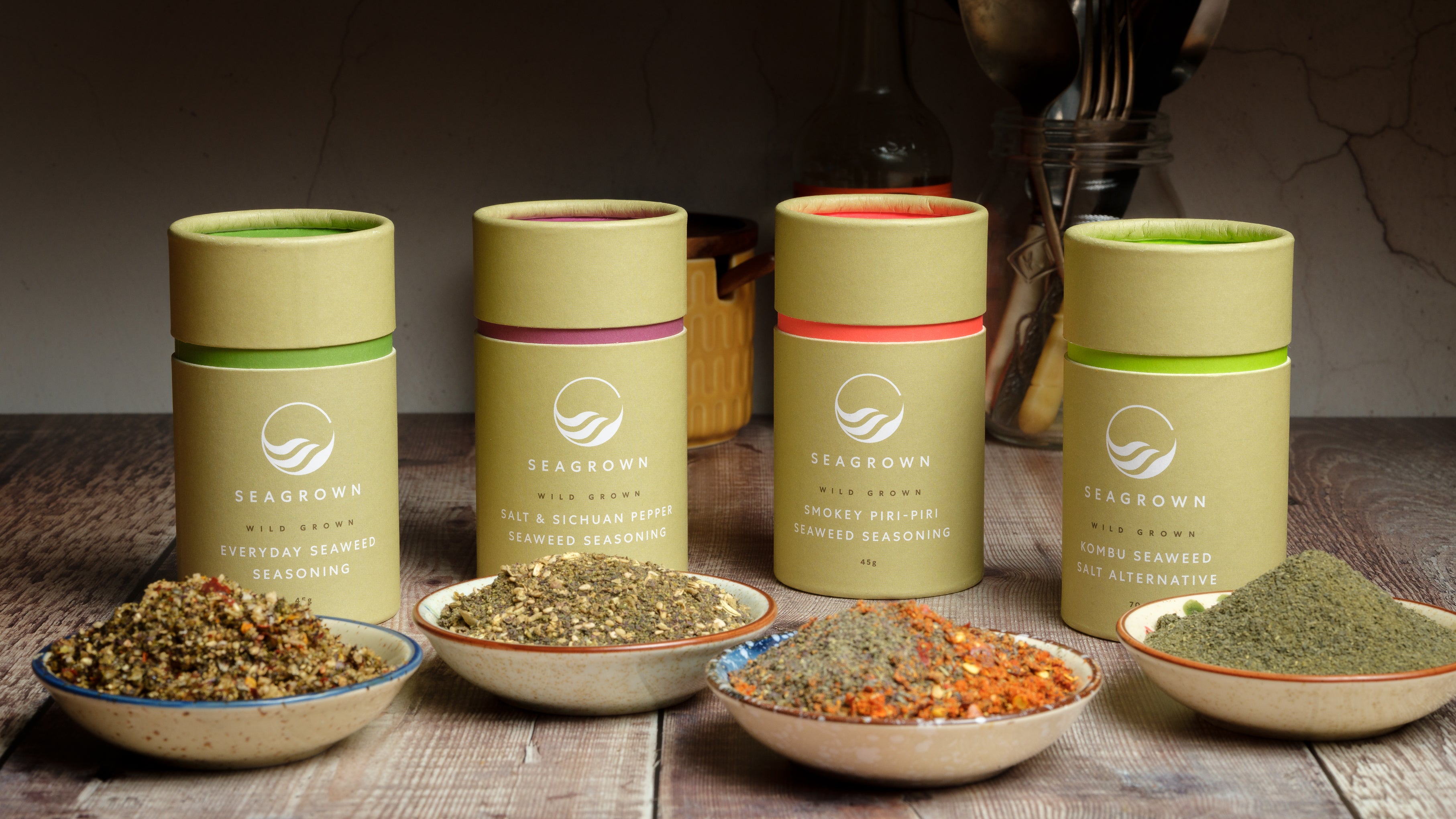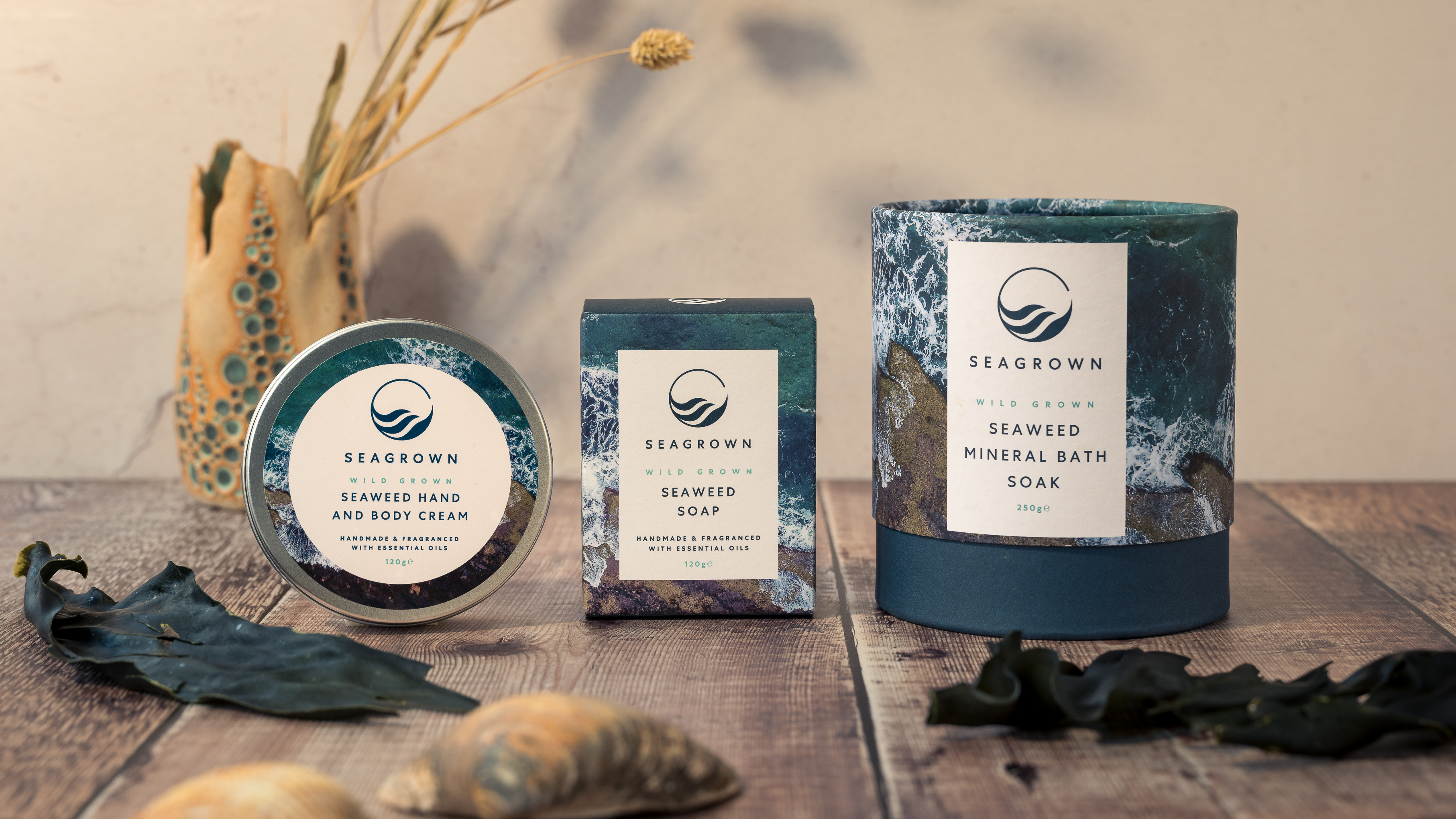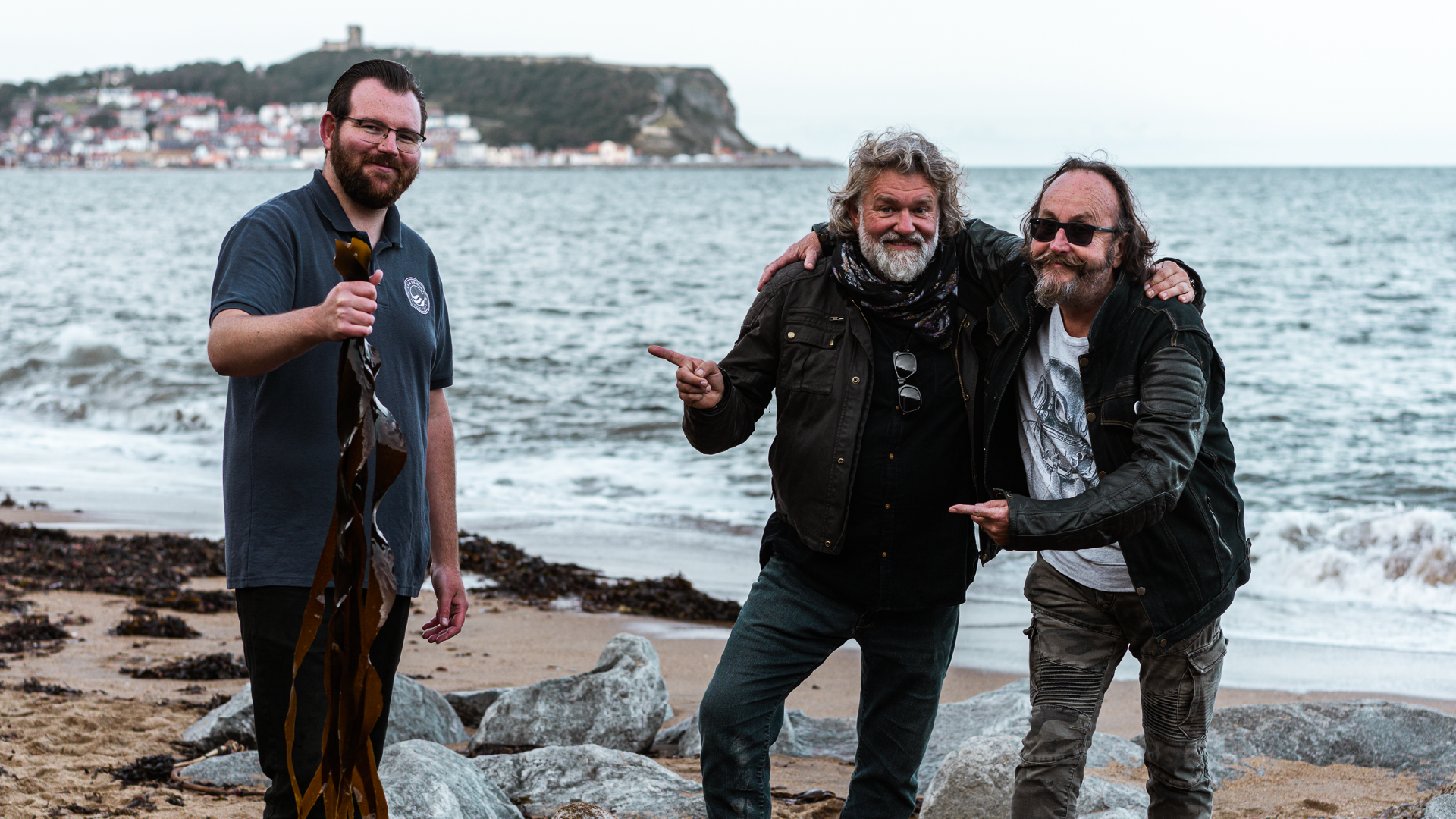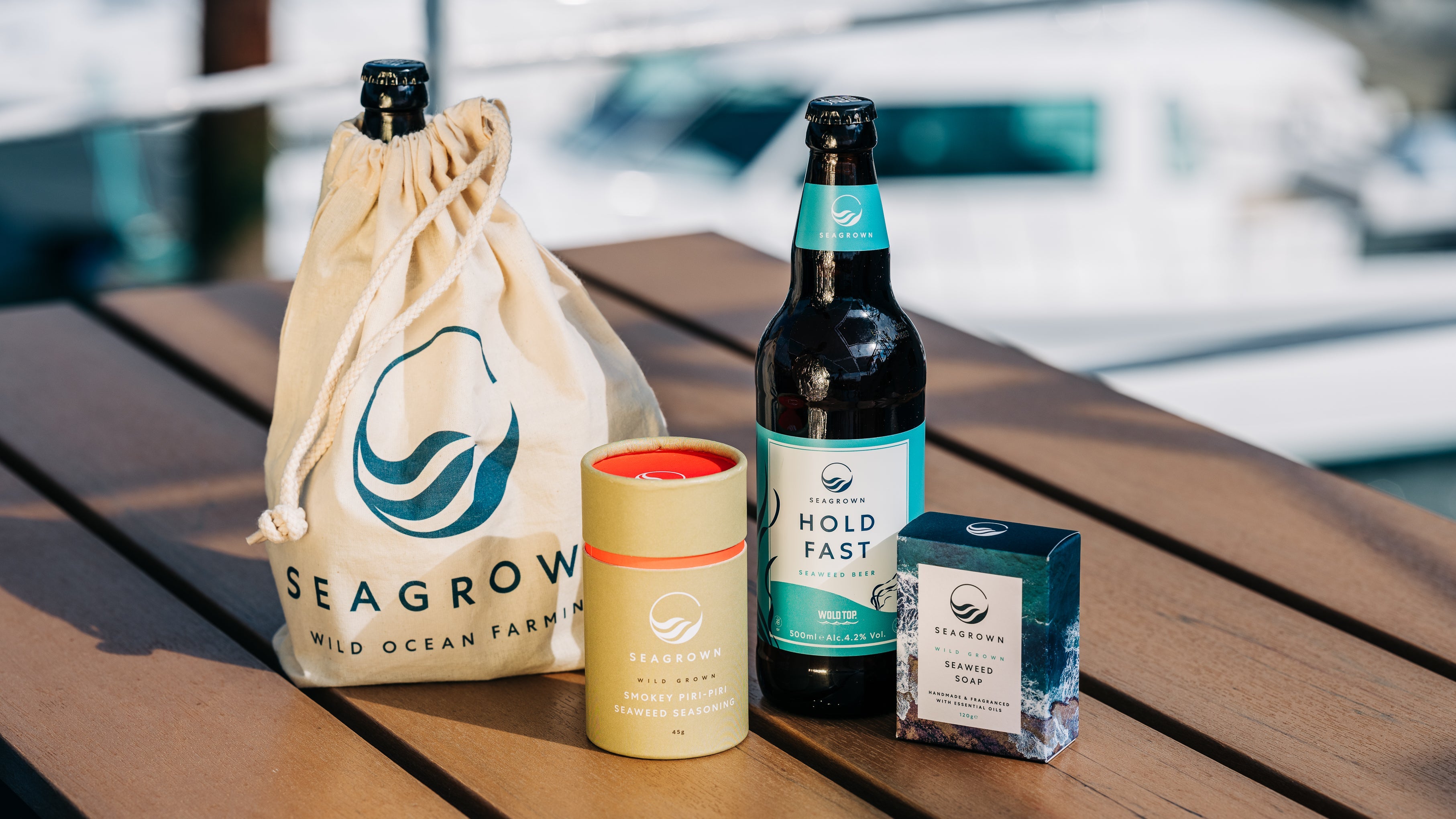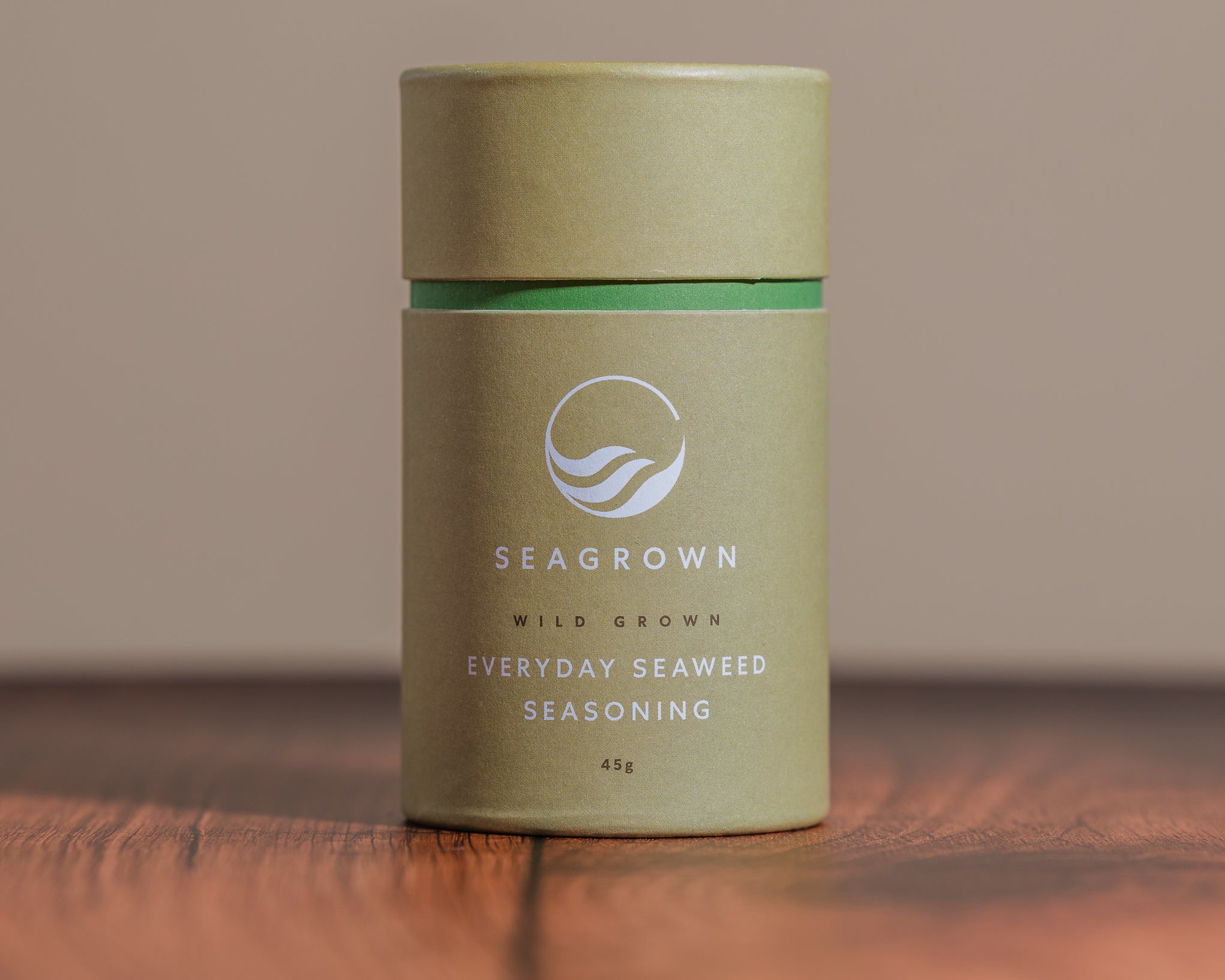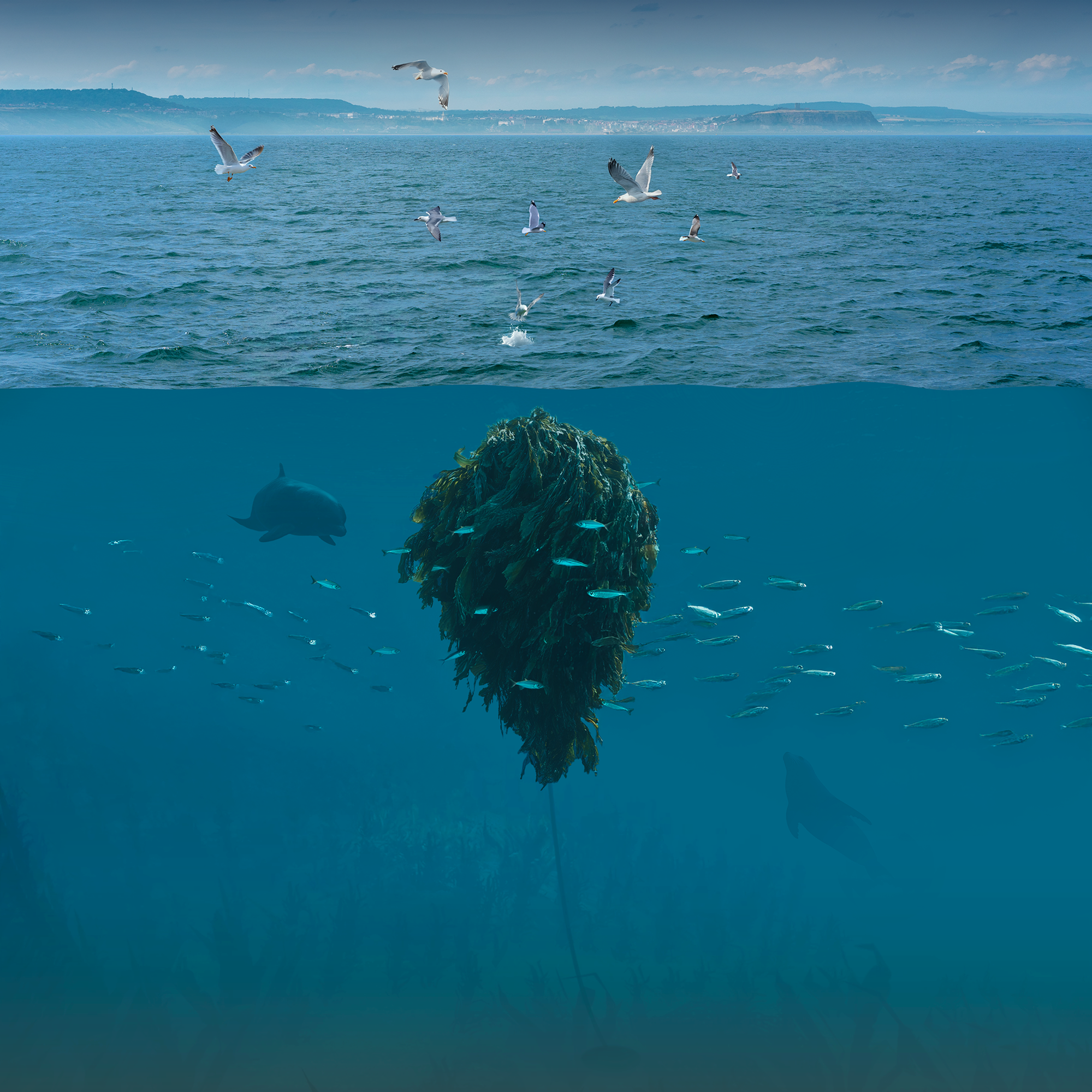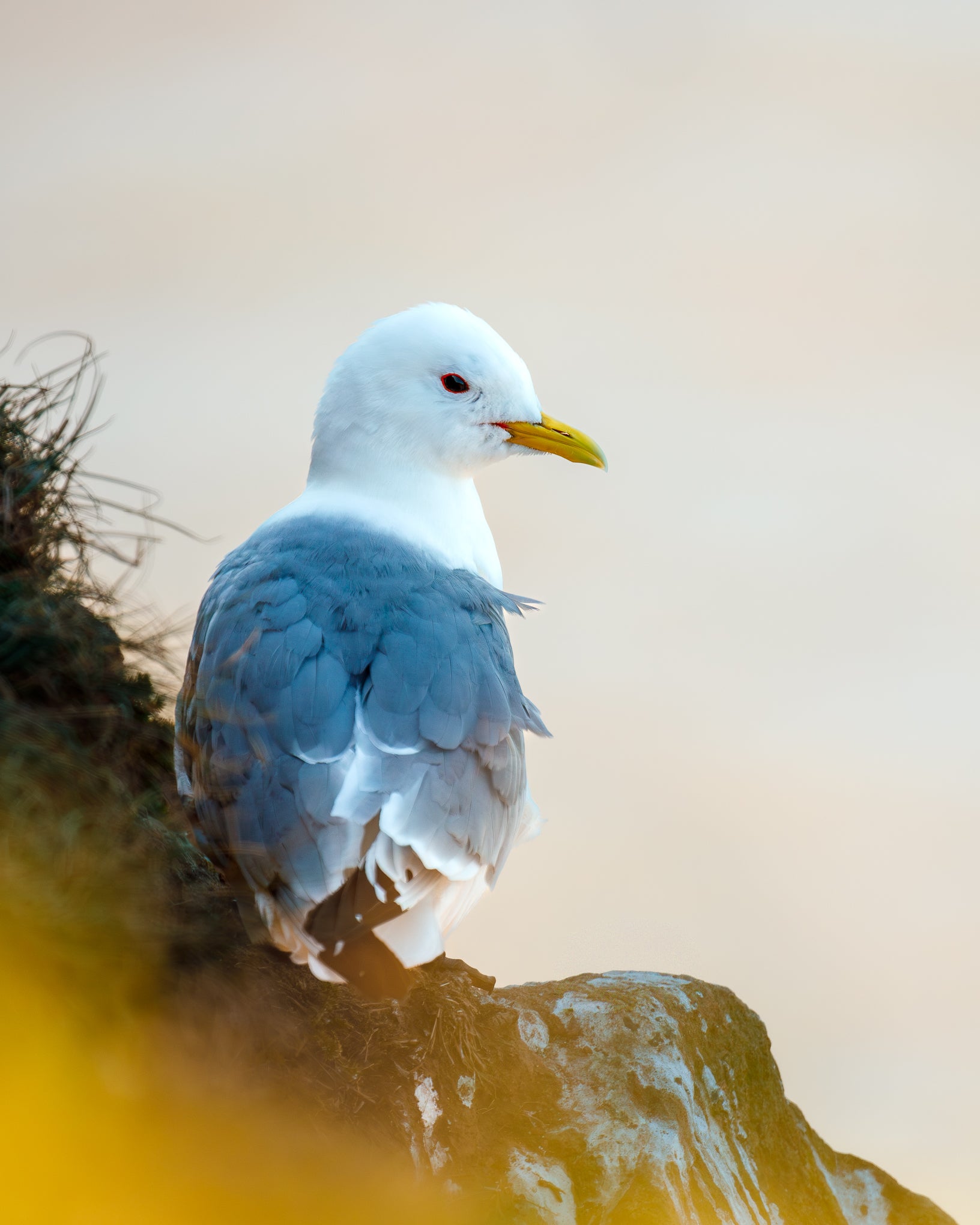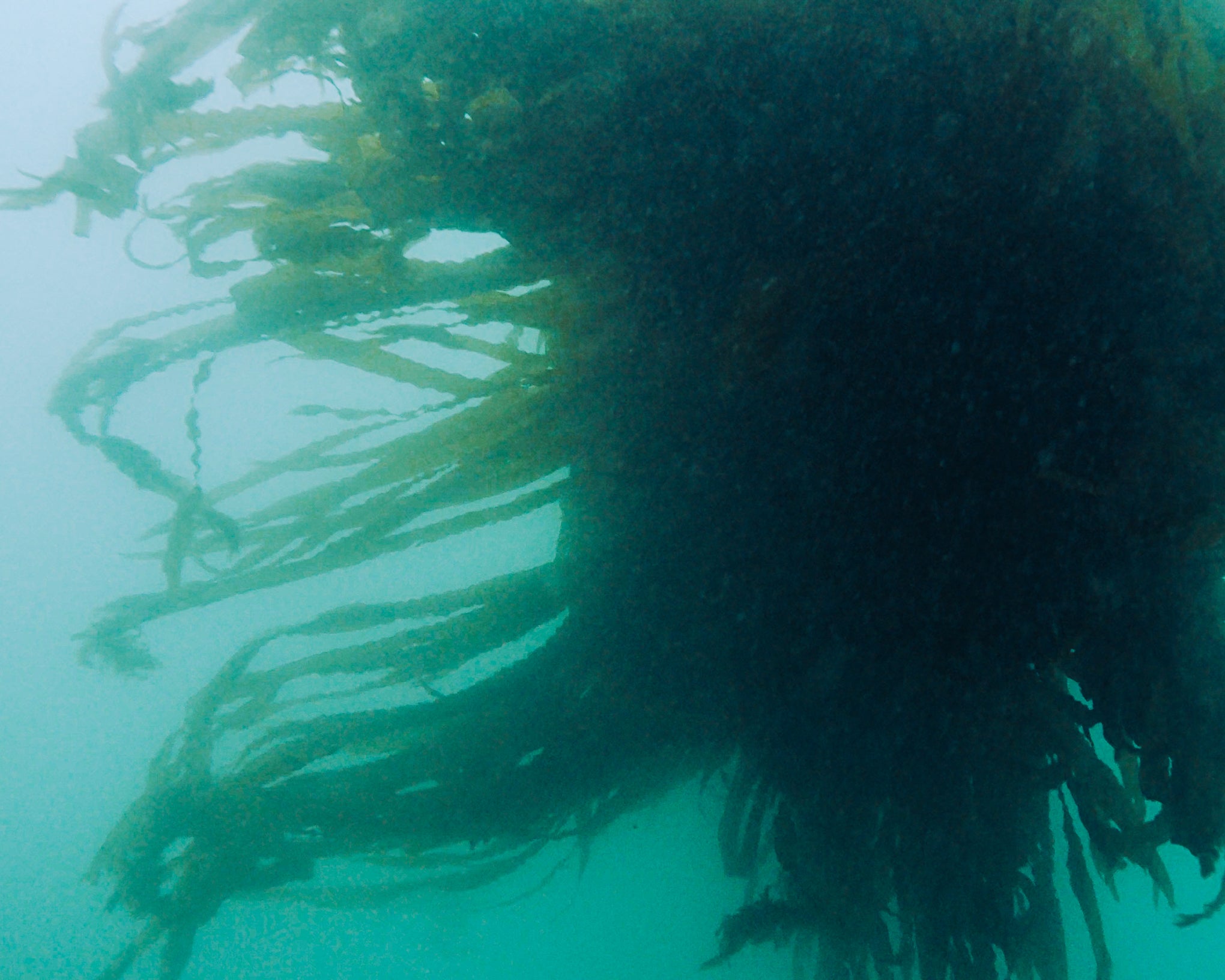Recently, SeaGrown has actively participated in the UK government's ambitious marine Natural Capital and Ecosystem Assessment (mNCEA) programme.
This important national initiative seeks to better understand the state of our marine environment and the invaluable benefits it provides to society and the economy. You can learn more about the overall goals and scope of the government's mNCEA programme on their official blog: Introducing the Marine Natural Capital and Ecosystem Assessment programme.
As a key contributor, SeaGrown undertook a detailed site-specific assessment, culminating in our own comprehensive SeaGrown mNCEA Report. This document presents significant data and analysis gathered over several years at our offshore Yorkshire coast site, covering biodiversity enhancement, water quality improvements, carbon sequestration, and the performance of our innovative Kelpedo™ cultivation system.
The final SeaGrown mNCEA Report is currently being finalised for publication and will be available to download directly from this page very soon. Please check back shortly to access the full report and explore our findings in detail.

